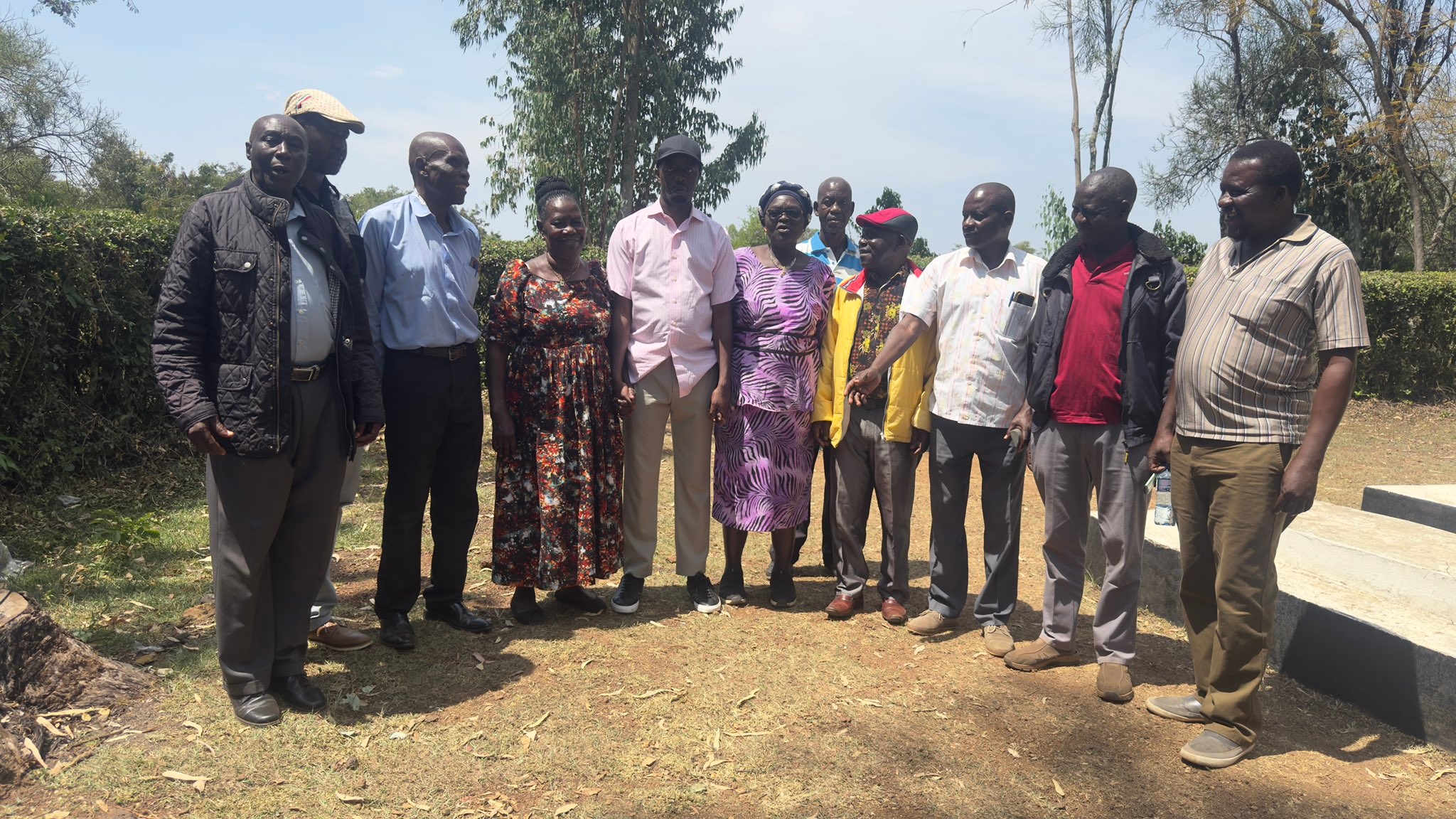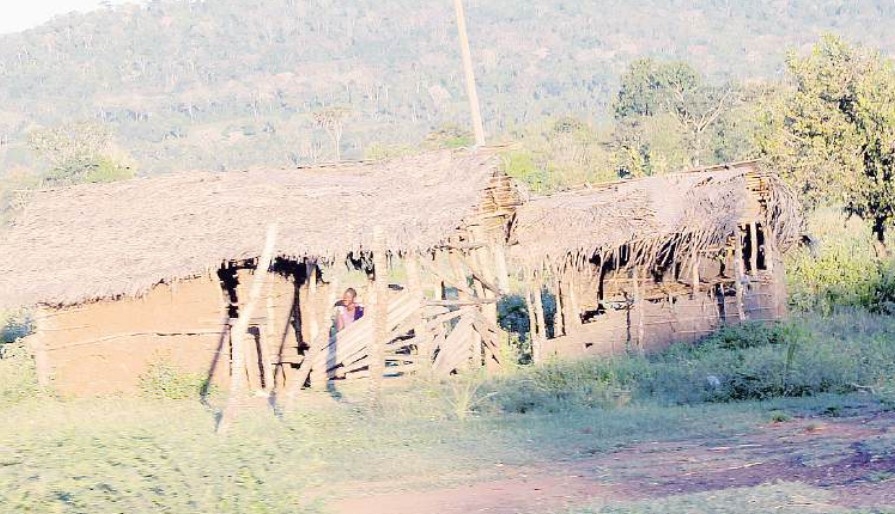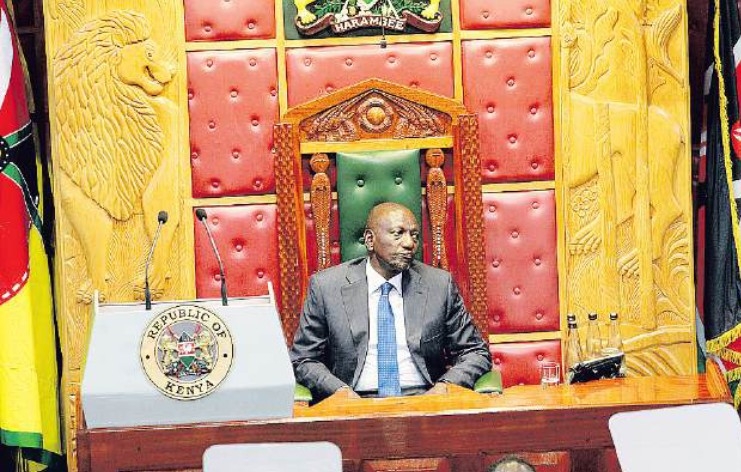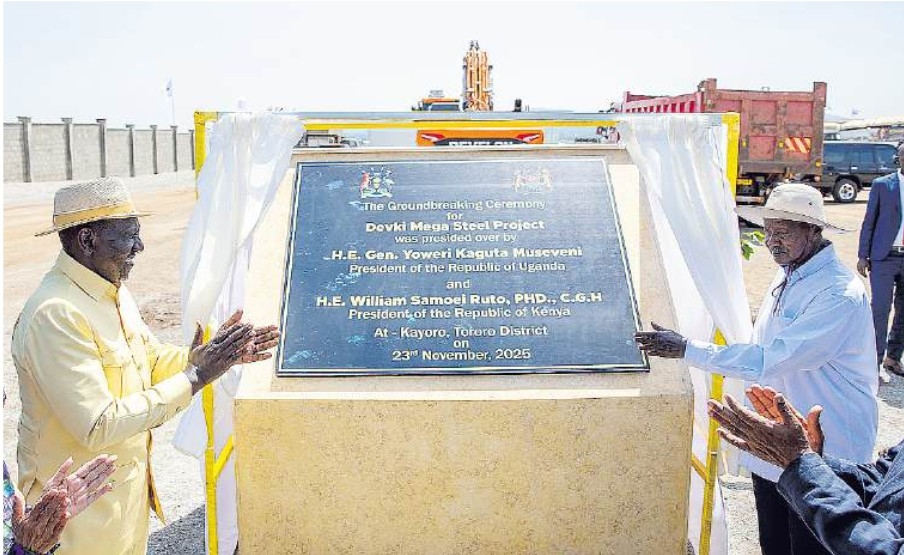Drought resistant trees will be planted in arid and semi-arid lands to increase the forest cover.
The Kenya Forest Service and the Kenya Forestry Research Institute are developing suitable trees for afforestation.
“The move is aimed at bolstering the government’s efforts of increasing the tree cover by 10 per cent by 2022,” KFS chief conservator Julius Kamau said.
Cover is only 7.2 per cent, however, the Constitution envisages 10 per cent forest cover in two years.
For 10 per cent to be achieved by 2022, Sh48 billion is needed to plant and protect 1.8 billion seedlings.
By May 15, KFS had planted 2.5 million seedlings around the country, following anti-coronavirus guidelines.
In March, tree nurseries under KFS had 25 million seedlings. Nine million were ready for planting.
Private nurseries have about 68 million seedlings. About 34 million are ready for planting.
Arid and semi-arid areas need durable, drought-resistant trees. Residents have degraded forest landscapes that need to be rehabilitated, Kamau said.
The CCF noted said mukau (melia volkensii) is a multipurpose, fast-growing species that grows in ASALs. It's drought-resistant and produces high-value timber in rotations of 10 and 18 years.
He emphasised the importance of increasing planting of mukau in farmlands for climate change mitigation and to support communities in ASALs.
Kamau made the announcement on May 24 at Kibwezi Forest Station.
He inspected a mukau demonstration woodlot established 10 years ago by Paul Konuche, former director of the Kenya Forestry Research Institute.
The conservator said 80 per cent of Kenya's landmass is categorised as arid and semi-arid and needs more forest cover.
(Edited by V. Graham)
















